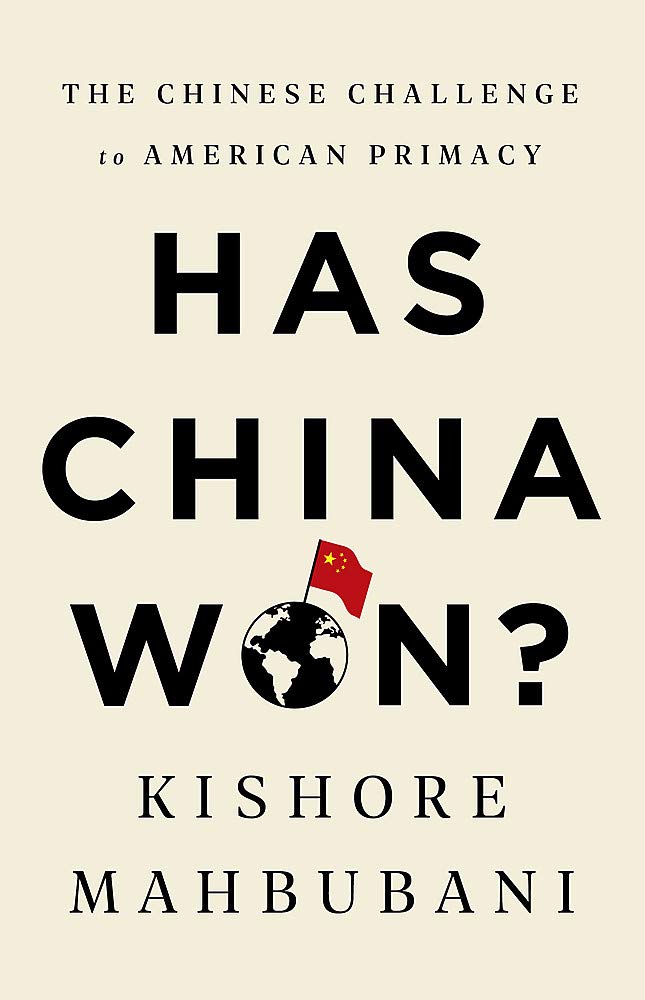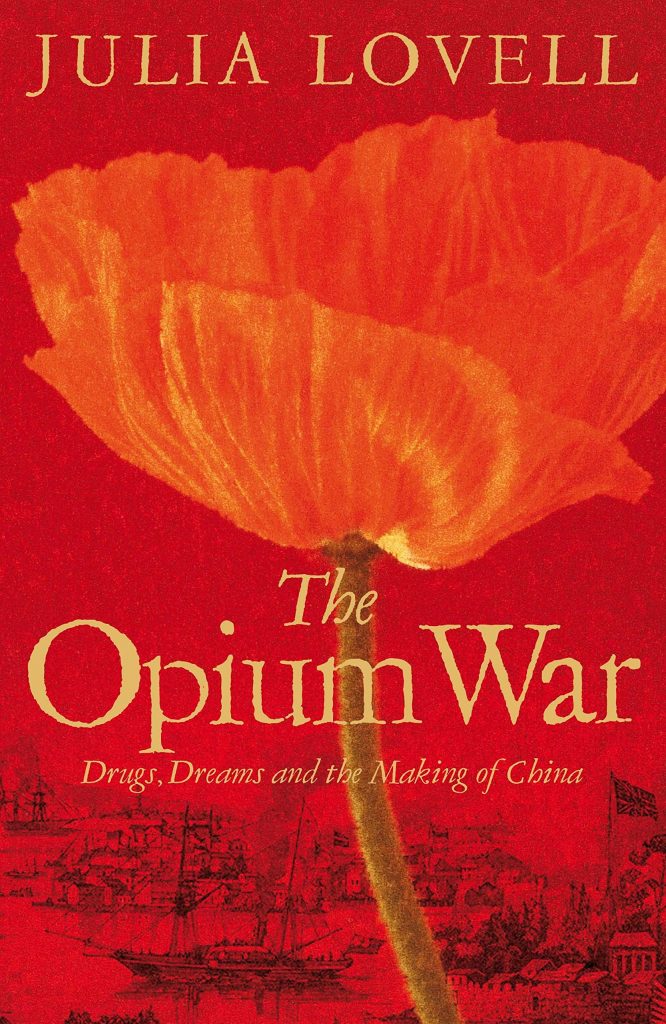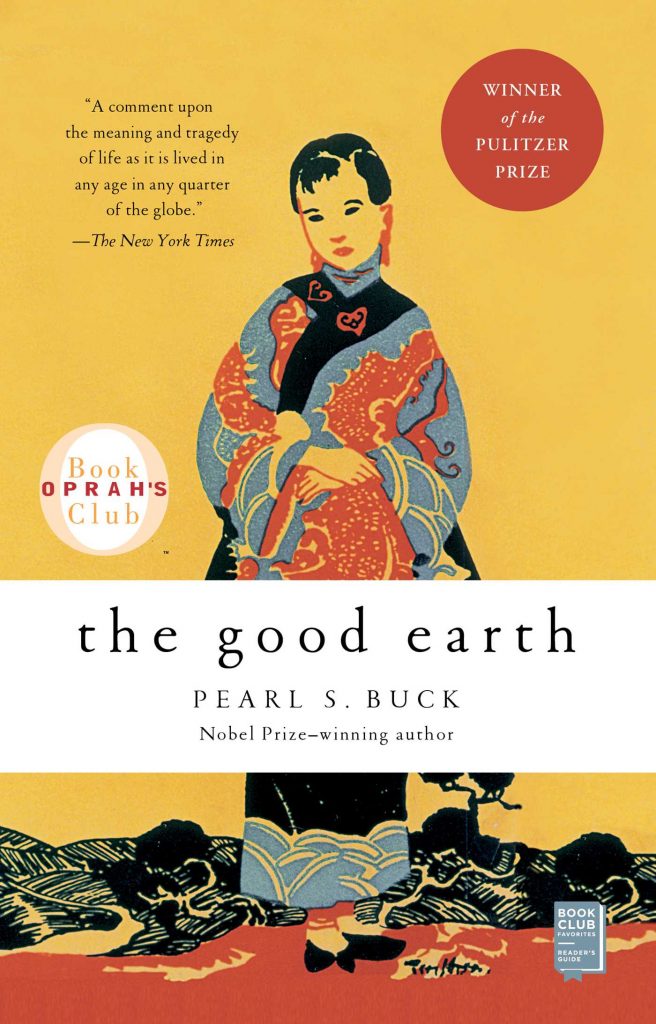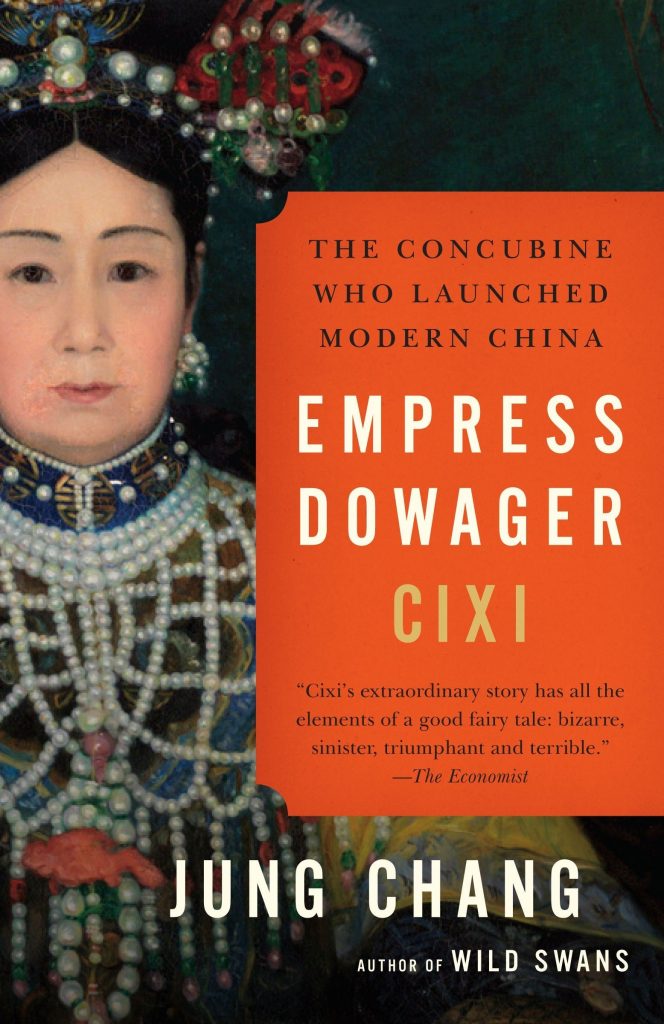The Culture Embassy Reads: China Series

As the Sleeping Dragon awakes and takes its place among the superpowers in the world, many people are becoming increasingly fascinated by its history and culture. However, the history and culture of China are not easy to comprehend, given its huge landmass and populace, not to mention 5000 years of civilization that has evolved till this very day. As the Sleeping Dragon rises to take the lead in the Asian Century, it is inevitable that anyone venturing to the Far East will need to get acquainted with its culture and history.
To help you become more familiarised with China, The Culture Embassy has curated some books that you can read:
Has China Won? The Chinese Challenge to American Primacy by Kishore Mahbubani

Akin to Samuel Huntington’s Clash of Civilizations, but with specific context in the modern-day era of superpower rivalry between China and the United States, renowned Singaporean academic and former UN ambassador Kishore Mahbubani lays out the geopolitical fault lines between the 2 superpowers and offers an honest appraisal of their strengths and weaknesses, and some interesting perspectives that will acquaint you with the current geopolitical situation.
In the Dragon’s Shadow: Southeast Asia in the Chinese Century by Sebastian Strangio

This book analyses the complex relationships between China and its southern neighbours. Journalist and former editor at The Diplomat, Sebastian Strangio takes the readers through a chapter-by-chapter analysis of each Southeast Asian country and examines how China’s growing economic and political clout impact their respective relationships.
Shanghai 1937: Stalingrad on the Yangtze by Peter Harmsen

This carefully researched book outlays one of the great forgotten battles of the 20th century. At its peak, it involved nearly a million Chinese and Japanese soldiers, while sucking in three million civilians as unwilling spectators and, often, victims. It turned what had been a Japanese adventure in China into a general war between the two oldest and proudest civilizations of the Far East. Eventually, it culminated in Pearl Harbor and led to numerous decades of tumultuous history in the Far East. Peter Harmsen, a foreign correspondent in East Asia for two decades, and former bureau chief in Taiwan for the French news agency AFP, fills a gaping chasm in our understanding of the Second World War.
The Opium War: Drugs, Dreams, and the Making of Modern China by Julia Lovell

Cambridge historian, Julia Lovell examines the wars that were to become the foundation of modern-day Chinese nationalism. In addition to an astute examination of the causes and effects of the Opium War, Julia Lovell gives a razor-sharp analysis of how the Sino-British conflict will eventually shape China’s self-image and lay the foundations for its subsequent interactions with the Western world in the years to come.
AI Superpowers – China, Silicon Valley, and the New World Order by Lee Kai-Fu
![]()
Penned by renowned AI expert Lee Kai-Fu, this book offers a unique perspective on the interactions between the United States and China in the age of Artificial Intelligence (AI) and how the new world order will be shaped by it. In the new age, whoever rules the tech and AI space, rules the world. The author explores the race between China and the United States and postulates that the AI scales will tip in the balance of China in the long run. Powerful myths in the tech world will be debunked here.
China and Japan: Facing History by Ezra Vogel

No other Asian rival has shaped the development of China and remained so deeply etched in its collective memory other than Japan. The bitter Sino-Japanese rivalry stretches back thousands of years while the Japan’s action during WWII in China continues to linger in China’s national psyche. The late Harvard scholar, Ezra F. Vogel offers unparalleled insights into these two Asian titans and postulate that they must co-exist in harmony.
The Good Earth by Pearl S. Buck

Feminism and peasant life were just some of the themes being explored by Nobel laureate, Pearl S.Buck as she charts the rise and fall of a family’s fortunes caught in the midst of sweeping historical and social upheavals in China in the 1920s. The novel is almost a century old but remains relevant in modern times.
Empress Dowager Cixi: The Concubine Who Launched Modern China by Jung Chang

Nobody had anything good to write or say about the Empress Dowager Cixi. As a matter of fact, she was blamed for China’s woes in the Opium War and humiliation at the hands of Western imperialists. That is, until this book. Not only does Jung Chang argue that the reign of Cixi does have its merits such as putting an end to outdated customs like foot-binding, she also gives the readers glimpses into life in the Summer Palace and Forbidden Palace during the Qing dynasty, the last Chinese dynasty before the founding of modern China.

















